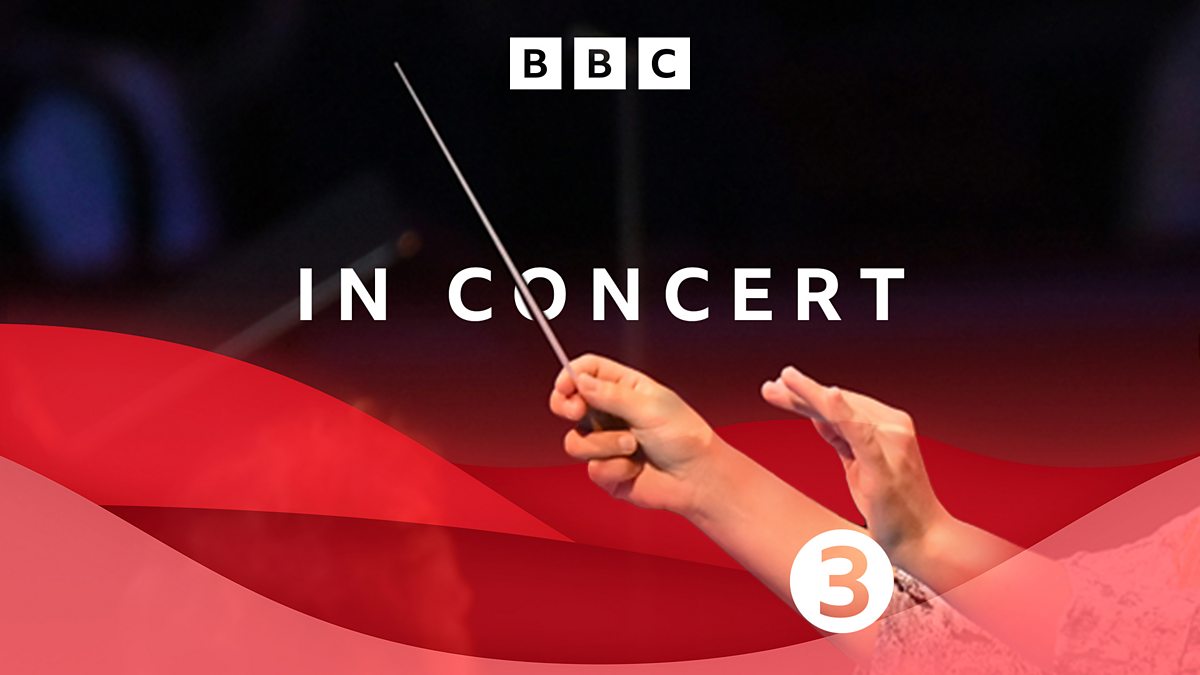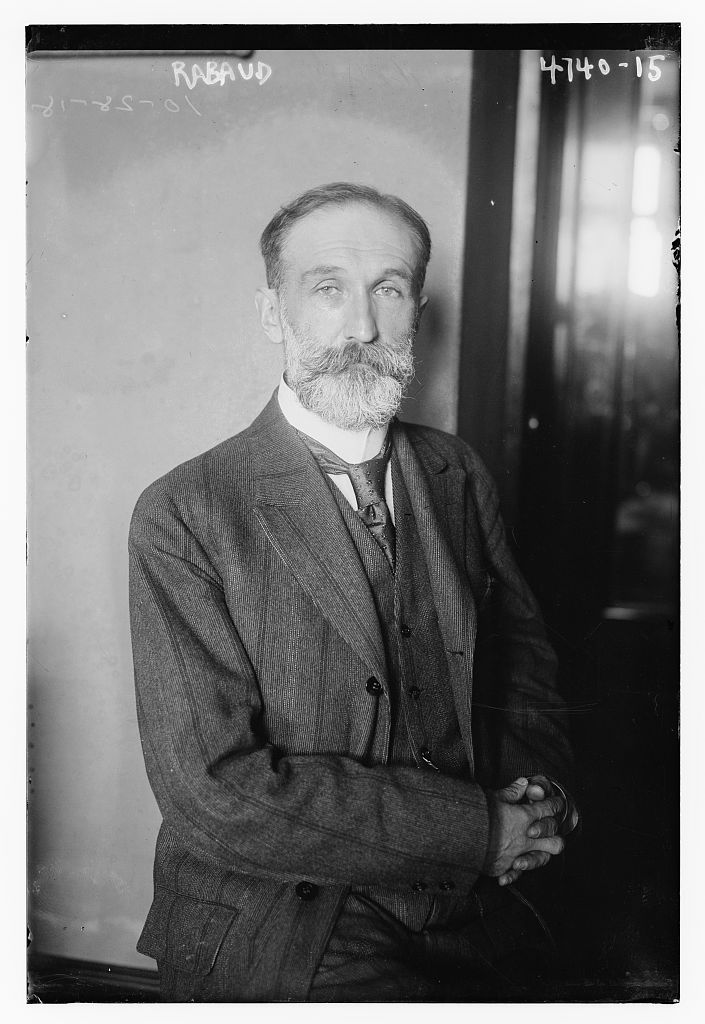I'd like to draw attention to tonight's performance of on tonight's Radio 3 in Concert at 7.30: BBC SO under Oramo. Not having realised that this French composer composed any symphonies whatsoever, I googled to discover that the 3-movement second was composed in the final stage of his life, and managed to find utube footage of the entire recorded work.
This will be powerfully impressive music to anyone who finds themselves drawn to this composer's music, notwithstanding his tarnished reputation. Stylistically Schmitt managed ostensibly to reconcile to his own satisfaction the post-Wagnerian harmonic language he shared with d'Indy, Magnard, and others associated the Schola Cantorum post-Franckians at the start of the 20th century with the styles of Rimsky-Korsakov, Debussy and Ravel, but more ostentatiously than Roussel. Some while ago I decribed it as French impressionism on steroids - many will feel a strong kinship with the music of Bax, minus of course the Celtic influences, which may provide a negative spoiler to those antipathetic to the late romantic impressionism of such as Bax, Scott, Bridge and Respighi, so be warned!
This will be powerfully impressive music to anyone who finds themselves drawn to this composer's music, notwithstanding his tarnished reputation. Stylistically Schmitt managed ostensibly to reconcile to his own satisfaction the post-Wagnerian harmonic language he shared with d'Indy, Magnard, and others associated the Schola Cantorum post-Franckians at the start of the 20th century with the styles of Rimsky-Korsakov, Debussy and Ravel, but more ostentatiously than Roussel. Some while ago I decribed it as French impressionism on steroids - many will feel a strong kinship with the music of Bax, minus of course the Celtic influences, which may provide a negative spoiler to those antipathetic to the late romantic impressionism of such as Bax, Scott, Bridge and Respighi, so be warned!




Comment